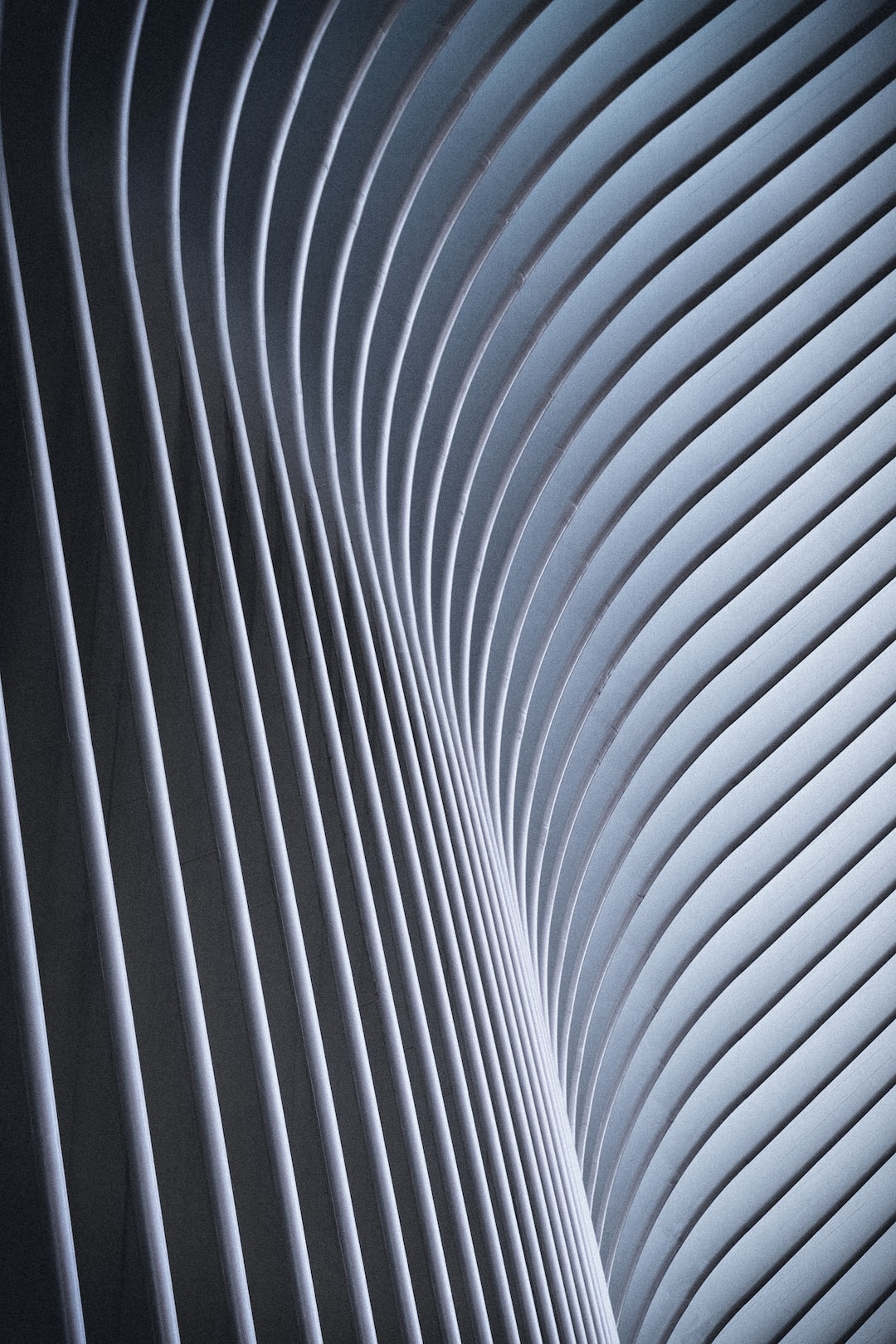Photography has been an integral part of design for years. It has played a significant role in the success of many campaigns, projects, and marketing strategies. Photography is a versatile medium that can be used to capture emotions, tell stories, or simply to create beautiful visuals. In this article, we will explore the role of photography in design and how it can help designers achieve their goals.
Visual communication is a vital aspect of design. It helps in conveying a message, establishing an emotional connection with the audience, and creating an impression. Photography, being a visual medium, is exceptionally suited for these purposes. Imagery is an excellent tool to evoke emotions and create an emotional connection with the audience. For example, black and white images can be very powerful in creating a nostalgic mood, whereas bright, vibrant images can convey energy and excitement. The right imagery can make or break a design, and designers must carefully select pictures that complement the message they are trying to convey.
Photography is also a popular tool for marketing campaigns. Businesses often use imagery to make promotional campaigns more engaging and memorable for the audience. Well-curated photos can be a powerful way to attract attention and create interest in a product or service. A well-taken photograph can establish credibility, demonstrate a product’s features, and convey its benefits. A picture is worth a thousand words, and that’s why companies invest a lot in photography when creating marketing campaigns.
Photography is also essential in branding. In today’s market, consumers value authenticity and transparency. Using original photos in branding strategies can help brands build trust with their audience. Real-life images are much more relatable compared to stock photos. Businesses that invest in original photography usually have a more significant impact on their audience because they can create a more personal connection with consumers.
Moreover, photography can be used as a storytelling medium. Visual storytelling has been around for as long as human history. We have been using images to convey stories and ideas for thousands of years. Photographs can tell stories more effectively than words, providing powerful and captivating visuals that are easy to remember. Photography allows designers to tell a story, introduce characters, and establish a mood, all within a single frame. This makes it a very effective tool for designers who are looking to establish an emotional connection with their audience.
In conclusion, photography is a versatile tool that has been a vital part of design for many years. It helps in the creation of visuals that evoke emotions, establish connections, or tell stories. The use of original photography in marketing and branding can help businesses establish authenticity and connect with their audience on a deeper level. The role of photography in design cannot be ignored, and designers must learn how to use it to achieve their goals effectively.

